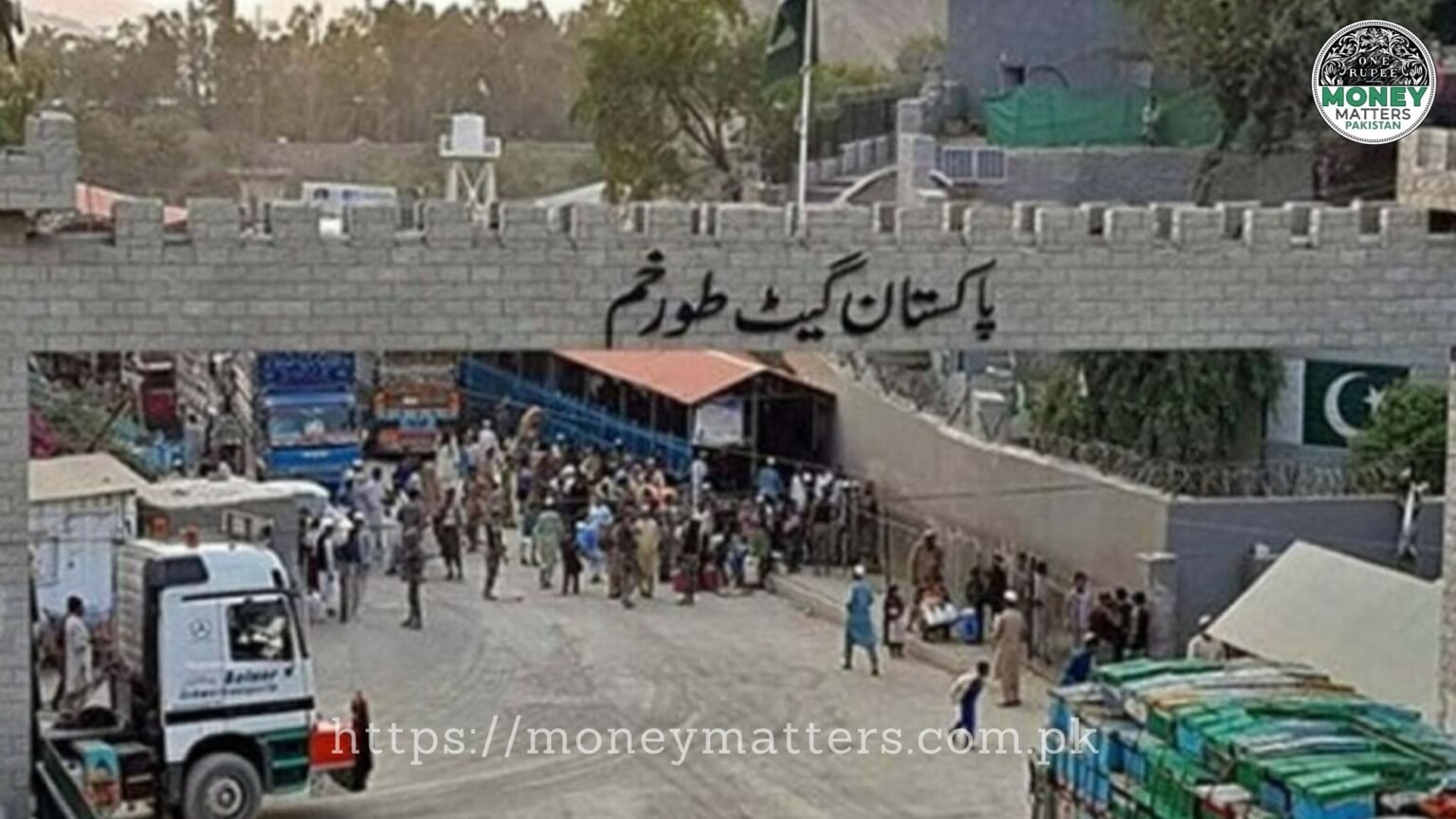Discussions focus on streamlining border crossings, updating trade agreements, and combating smuggling.
Key Takeaways:
* Pakistan and Afghanistan resumed trade talks after a year-long pause, aiming to improve bilateral and transit trade.
* Talks centered on easing cargo movement at border crossings and renewing the Afghanistan-Pakistan Transit Trade Agreement (APTTA).
* Pakistan’s exports to Afghanistan significantly increased in the first eight months of FY25.
Islamabad, Pakistan – April 18, 2025 – Pakistan and Afghanistan have restarted trade negotiations after a year-long hiatus, signaling a renewed commitment to strengthening economic cooperation. The discussions, held recently, prioritized streamlining the movement of goods across shared borders and updating the Afghanistan-Pakistan Transit Trade Agreement (APTTA).
A central focus of the talks was addressing logistical challenges at border stations to facilitate smoother trade flows. Afghanistan also requested that the Torkham crossing operate 24/7 and sought improved trade facilitation through the Ghulam Khan port. Pakistan proposed the formation of a joint committee to ensure regular dialogue and swift resolution of any trade-related issues.
Afghanistan also requested that the Torkham crossing operate 24/7 and sought improved trade facilitation through the Ghulam Khan port. Pakistan proposed the formation of a joint committee to ensure regular dialogue and swift resolution of any trade-related issues.
The resumption of talks comes as Pakistan’s exports to Afghanistan have seen a substantial increase, rising by 84.25% in the first eight months of fiscal year 2025. Imports from Afghanistan have also increased during this period, highlighting the growing trade relationship between the two nations.
Both sides emphasized the importance of structured border management and expressed interest in collaborating across various sectors, including agriculture, coal, carpets, and cotton exports. There is optimism that continued dialogue will lead to enhanced economic connectivity and mutual prosperity.




